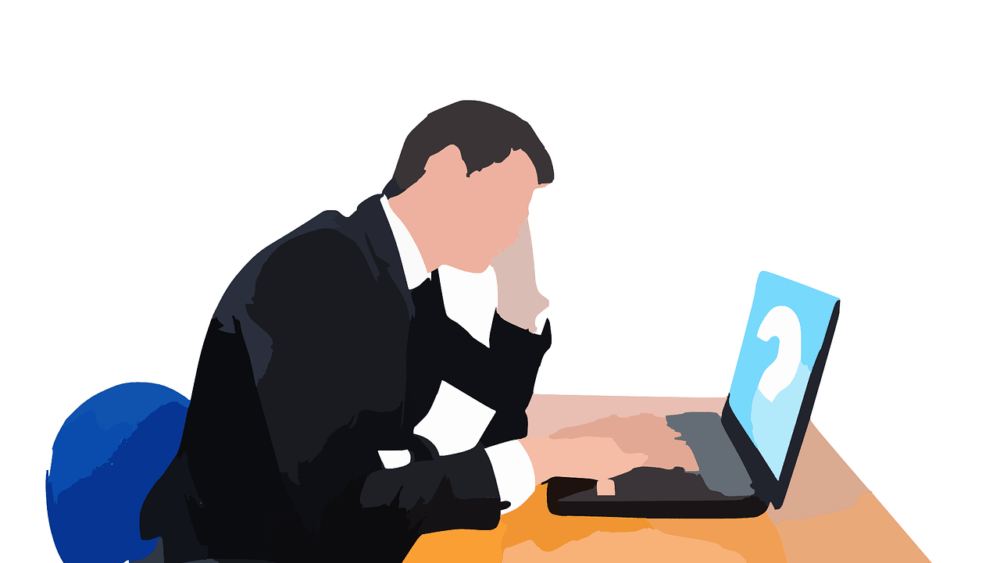Does this sound familiar? You get into the office, start up your computer and the first thing to you is…? Open your email. And that’s not including any efforts to attach your in-box you’ve made via a smartphone while on your commute.
Email seems to be a constant hassle for many knowledge workers. It’s the first thing we look at in the morning, it’s the last thing we look at in the evening. We worry about what’s in our inbox when it’s the weekend or while we’re on holiday. We attack our ever growing inbox of emails like a character from Game of Thrones attacking a dragon.
It’s unrelenting. It’s exhausting. And it’s not a great use of our time.
But it needn’t be.
By looking at your email before doing any other work, you’re essentially setting aside your plan for the day and checking to see if anyone else’s priorities trump your own.
By keeping your email application open in the background, we simultaneously feel important as new emails arrive but also feel rising axiety as the mountain of new messages that must be read increase in volume. Each notification – a ping or pop-up dialogue box screaming for our attention – has the potential to distract and sidetrack us.
By using our email application as our to-do list, we set ourselves up for frustration on two fronts: needing to wade through the stacks of emails to find what it is we feel we should be doing, while simultaneously spotting new emails arriving while we’re searching.
We waste time searching our email for important messages, buried deep within a pile of emails on which we are merely one of hundreds of respondants, the victim of inapropriate use of the ‘reply all’ button.
So many of us spend a majority of our working day living in our email inbox. When it’s so easy to improve the situation with a few quick changes:
1 – Establish your priorities before you open your email inbox.
Know what you want and need to get done today, so you’re clear on this before looking for additional work from others. THis can help keep you focused on your targets and priorities. Yes, new requests and work will arrive in your inbox, but with clarity on your intentions, you can more easily put these new demands on your time and attention into context.
2 – Turn off your email application when you’re not actively using it to send or receive emails.
This will help you avoid being distracted by pings and pop-up notifications. It takes moments to turn it back on again, so you’re not wasting any time. (To take this further, why not turn off all applications with the potential to interrupt you? Including instant messaging apps and Skype?)
3 – Keep your imporant task list outside of the email application, to avoid having to turn it back on.
Newsflash! We can get a lot of work done without even looking at our email! Technology can be our friend here too. You can easily forward a critical email directly into a proper task list manager like ‘Remember the Milk‘ or ‘ToDoist‘ with just a couple of clicks. That way, you can check your priorities and leave Outlook safely offline. These apps are also mobile and simple to view – unlike a cluttered inbox full of emails, not all of which have clear subject lines.
4 – Use scheduled times to check your emails a few times a day.
Introduce this slowly, so you don’t worry your colleagues inadvertantly. But they’ll get used to you responding slightly more slowly and may in fact find their own solutions while you crack on with your own work. A check every couple of hours is manageable for most people.
5 – (With some exceptions) turn your email off in the evening and take a break.
The bottom line: email is a tool, so use it carefully and sparingly. Not all emails require a response. Consider face to face and telephone communications as an alternative, particularly when the colleagues are physically close by. Keeping email in its place – under your control and not vice versa – frees up your attention and your time for what is important, not merely what is “now”.

